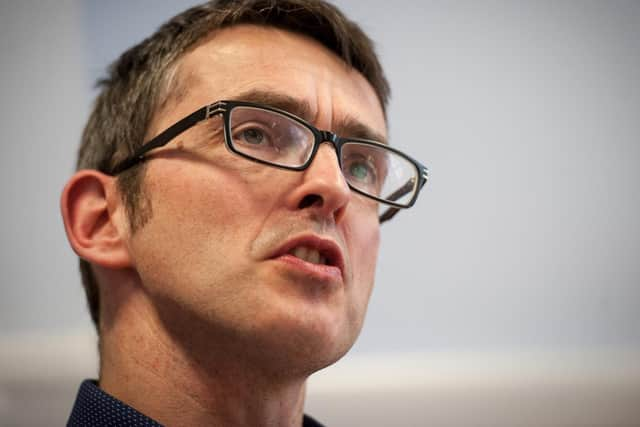Sheffield health chief sends important message on 'Covid parties' to develop herd immunity
and live on Freeview channel 276
Greg Fell, director of Public Health at Sheffield City Council, said there seems “a strong and growing view that we should rebalance our approach to the strategy” in favour of herd immunity to allow large parts of society to reopen amid the social and economic harm of lockdown measures.
He said: “I hear lots of interesting stories about people having Covid parties, in the same way we used to have Chickenpox parties in the 80s and people actively seeking out someone else with symptoms so they can get the illness, they can have the symptoms, get over it, develop immunity. Some of that is possibly related to the concept of herd immunity.
Advertisement
Hide AdAdvertisement
Hide Ad"The line of argument is we’ve got the balance wrong between protecting individuals and protecting the economy.”


The counter argument to the current measures is herd immunity, Mr Fell said. Yet while he admitted it’s “attractive”, he also described it as a “difficult concept for all sorts of reasons”.
He said: "Letting the virus rip through society neglects the impact of ‘long-Covid’ on younger people which is, in itself, a reason to keep transmission as low as possible.
"I hear lots of stories from youngish, working age people who had mild symptoms when they had Covid but now have this phenomenon known as ‘long-Covid’. It is very, very debilitating. We know nothing about it. Nobody knows how any of that plays out.”
Advertisement
Hide AdAdvertisement
Hide AdMr Fell added: "There’s a significant cost to her immunity policy, mortality rates would be much higher than they are and I don’t think we should be prepared to accept that. Nobody knows how long-term immunity, post-infection, will develop. We just don’t have the data at the moment. I think we should be really careful about that one.”
In Sweden, where the government’s response to coronavirus has been ‘lighter’ than in many nations, the death rate is lower than the UK but still much higher than in neighbouring countries which have followed the lockdown model. Half of the country's fatalities have been among the elderly in care homes.